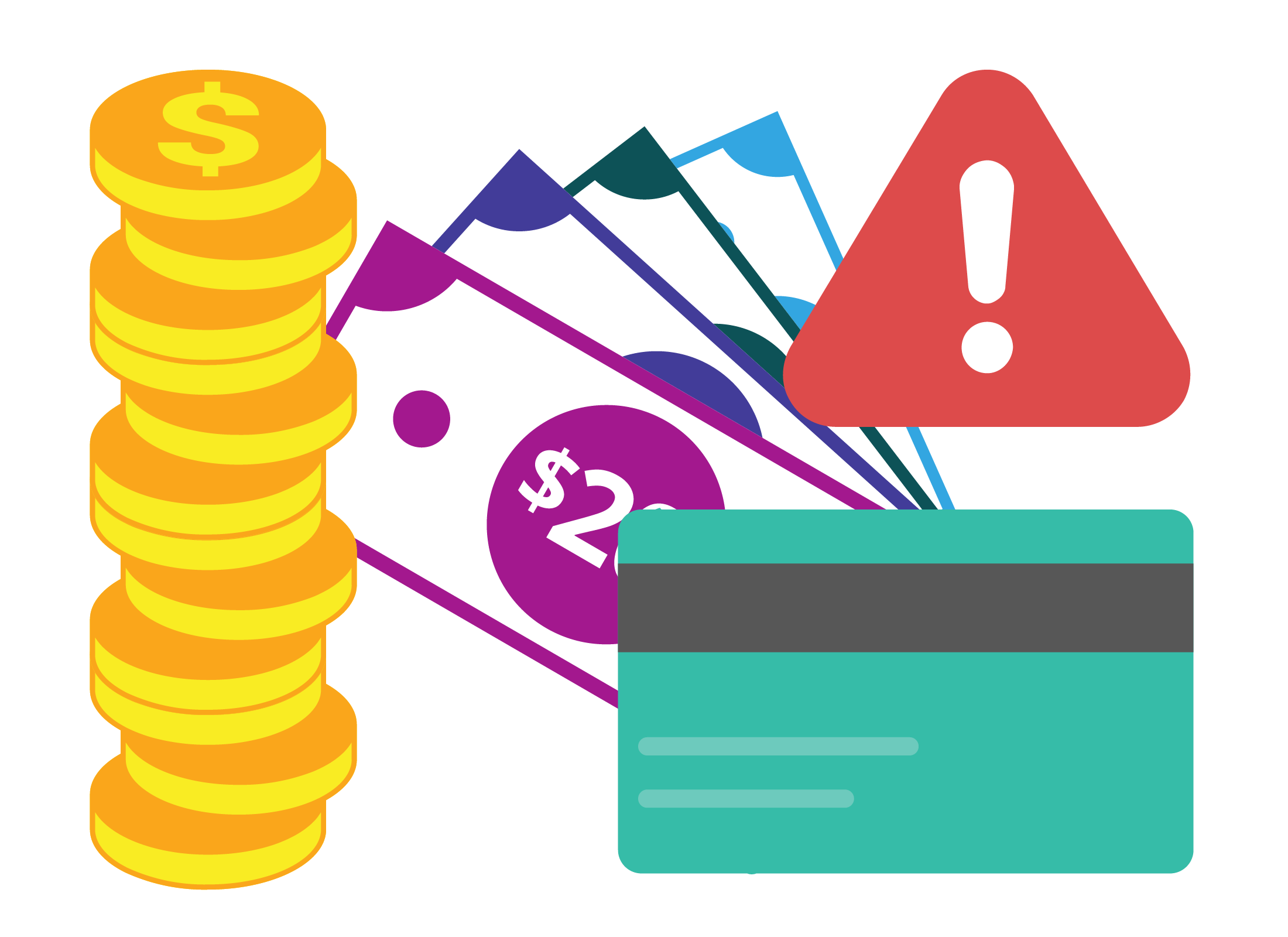Avoiding common scams
This short guide is a reference tool to help refresh your knowledge or practise what you have learned in the Avoiding common scams online course, including how to spot and avoid:
- impersonation scams
- unexpected money scams
- money for nothing scams.
Before you begin
On the internet, you cannot always be sure that people are who they say they are. Being aware of internet scammers is one of the most important steps towards avoiding being scammed. Once you know their tricks, you should be able to spot a scam more easily.

The impersonation scam
Impersonation scams look like they have come from a legitimate organisation or a person whom you know. Most try to get you to send money or personal information including passwords and banking details.
Impersonation scams use a technique called spoofing to make an email, text message, or even a phone call look like it is coming from a legitimate source.
It can be hard to tell at a glance that something has been spoofed, so it’s important to remain suspicious of unexpected contact, and offers that seem too good to be true.
These are the most common kinds of impersonation scams:
- A scammer will say there’s a suspicious transaction on your bank account, then try to trick you to transfer funds or click a fake link.
- A scammer pretends to be from your internet service provider or computer company and will try to trick you into giving them full remote access to your computer, where they can steal personal information.
- A company you know (Amazon, PayPal etc) claims your account is about to be suspended unless you make an immediate payment.
- You receive a fake text message or email from Australia Post asking you to pay an extra cost for a delivery.
- A text or email claims your toll payment is overdue, and will include a fake link that steals your money.
- An ad on Facebook or Instagram offers a heavily discounted brand item you want but will take your money and send you nothing.
If you get an email asking for personal information, you should follow these steps:
- Never click on any links in the email.
- Delete the email.
- Help others know about the scam by reporting it to the Australian Competition and Consumer Commission’s (ACCC) ScamWatch website at www.scamwatch.gov.au.
If you’re really worried, you can always call the company that the email appears to be from directly. Just be sure to use your own contact information – not anything in the email.
The unexpected money scam
With this scam, you receive an email promising a lot of money in the future for a small upfront fee. Some examples include:
- An ‘inheritance’ that you can get if you only pay an admin fee.
- A ‘lottery’ that you’ve won, but you need to pay a fee to get paid out.
- A big payout in the future if you just help someone out right now.
If someone you don’t know contacts you and offers a lot of money for a small upfront payment, it’s probably a scam. Ignore that person and delete the email.
Money for nothing scams
These are scams that ask you to pay money for something that doesn’t exist. Look for things like:
- Emails offering the opportunity to join a major investment opportunity, at a heavily discounted rate.
- People on dating websites that express deep affection for you very quickly, but then ask for help with medical and other expenses.
- Fake charities that contact you after major disasters.
- Callers telling you that there’s a problem with your computer or your tax return.
Knowledge is power
Scams are intended to take advantage of your good nature, but if you’re careful about sharing personal information online, use common sense about who you give money to, and keep your guard up, the internet can be a safe place to explore.